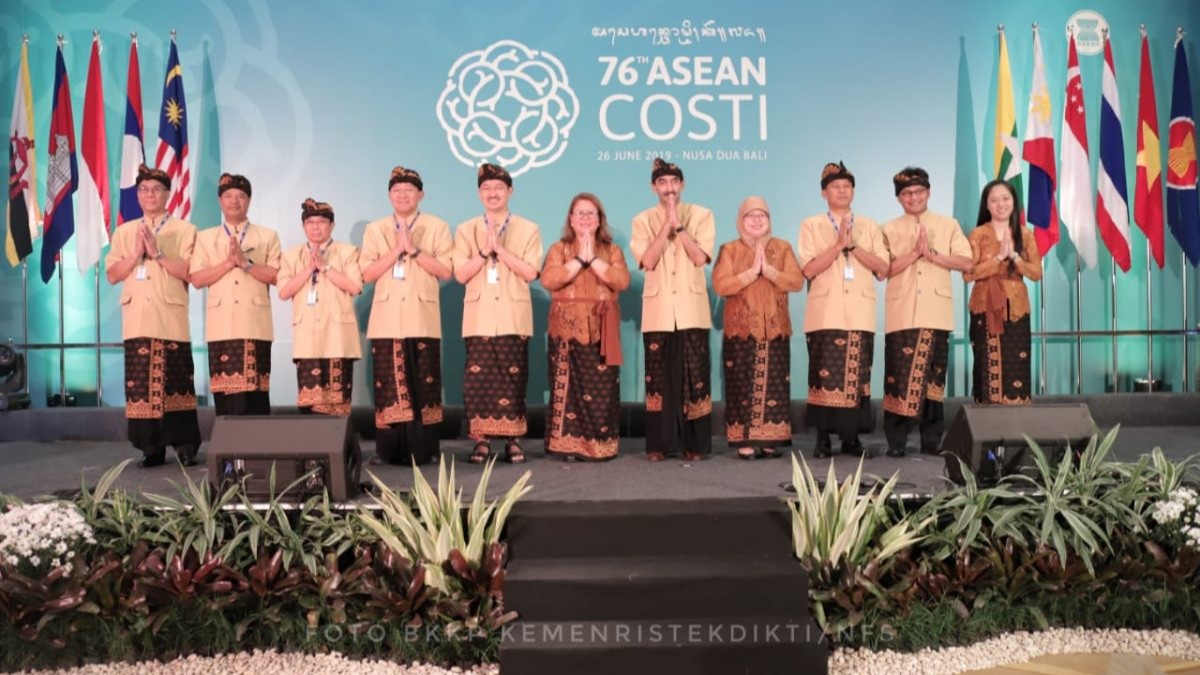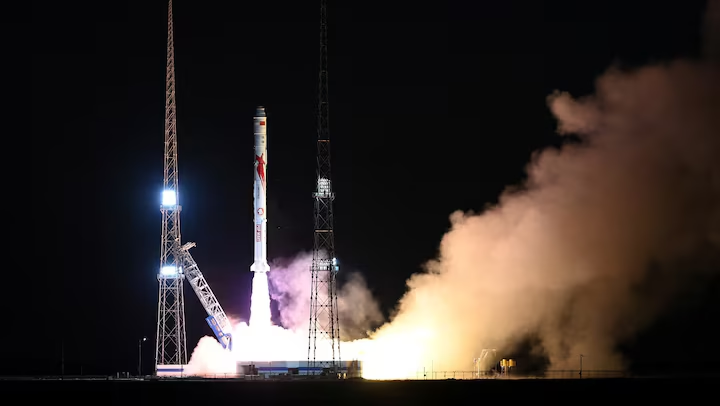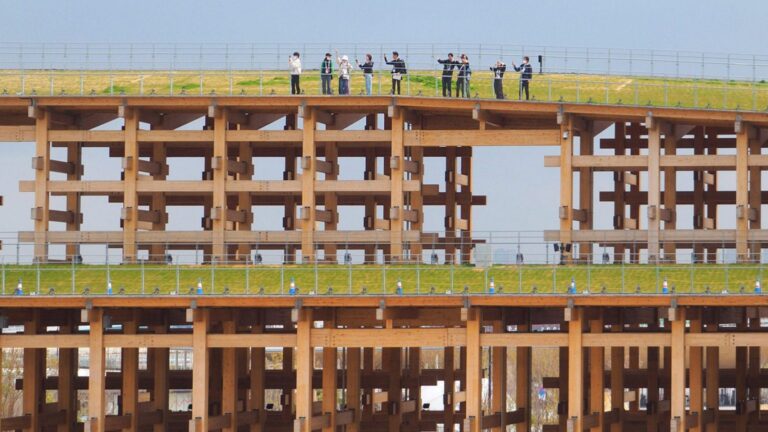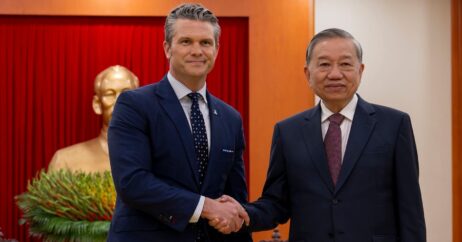Jakarta – Amid a shifting landscape of commercial space exploration, ASEAN is positioning itself as a rising stakeholder in the global space economy. The region’s strategic geographical location, combined with increasing public and private sector involvement, offers unique potential for both economic growth and regional collaboration.
Speaking at the 87th ASEAN COSTI Meeting hosted at the BJ Habibie Building in Jakarta, Erna Sri Adiningsih, Executive Director of the Indonesian Space Agency (INASA) under BRIN, highlighted ASEAN’s growing capacity to foster an inclusive space ecosystem. “With the growing engagement of startups and commercial actors, ASEAN has the opportunity to accelerate the development of a dynamic space economy,” she noted.
Several ASEAN member states have already made strides in deploying satellites for purposes ranging from communication and defense to environmental monitoring. However, Erna cautioned that essential resources such as orbital slots and frequency spectrums remain finite. She emphasized the need for a collective regional strategy to ensure equitable and sustainable access to these assets.
A key challenge ASEAN faces is the absence of a unified regulatory framework regarding satellite manufacturing and space technology transfer among member countries. To address this, Erna urged the ASEAN Sub-Committee on Space Technology and Applications (SCOSA) to broaden its mandate beyond applications and to strengthen focus on industrial collaboration and cross-border R&D.
She added that ASEAN holds potential not only as a consumer market but also as a hub for satellite infrastructure development, particularly in remote areas underserved by terrestrial networks. “This is not just an investment opportunity, but a chance to build inclusive innovation networks between governments and private stakeholders,” she said.
The region’s proximity to the equator also makes Southeast Asia an ideal launch point for satellites, offering technical advantages. Yet, its vulnerability to natural disasters and risks from falling space debris adds urgency to building a resilient and well-regulated space environment.
Erna underscored the importance of a multistakeholder approach—engaging governments, industries, and academia—to ensure the long-term viability of the region’s space ambitions. Critical components include robust policy support, sustainable funding, human capital development, and technology innovation.
“The future of ASEAN’s space journey must be guided by strategic direction and collaborative leadership,” she concluded. The 87th ASEAN COSTI Meeting serves as a pivotal moment to reinforce regional synergy, affirm ASEAN’s role in the global space dialogue, and unlock new pathways for inclusive and sustainable investment in the sector.









